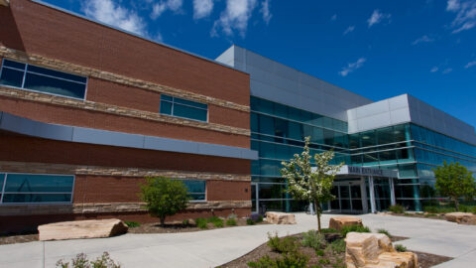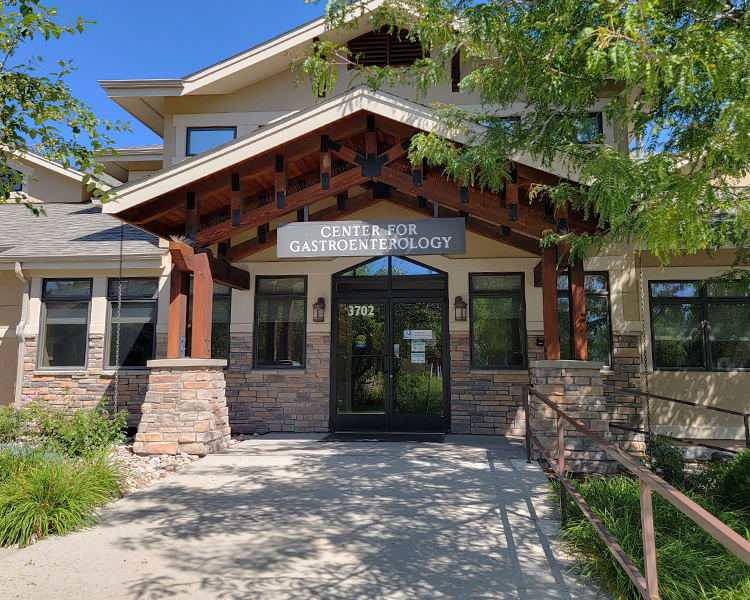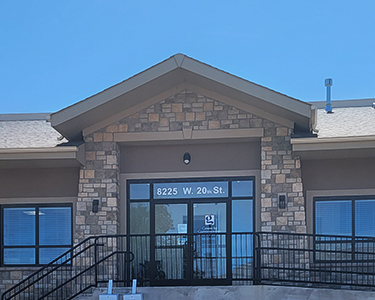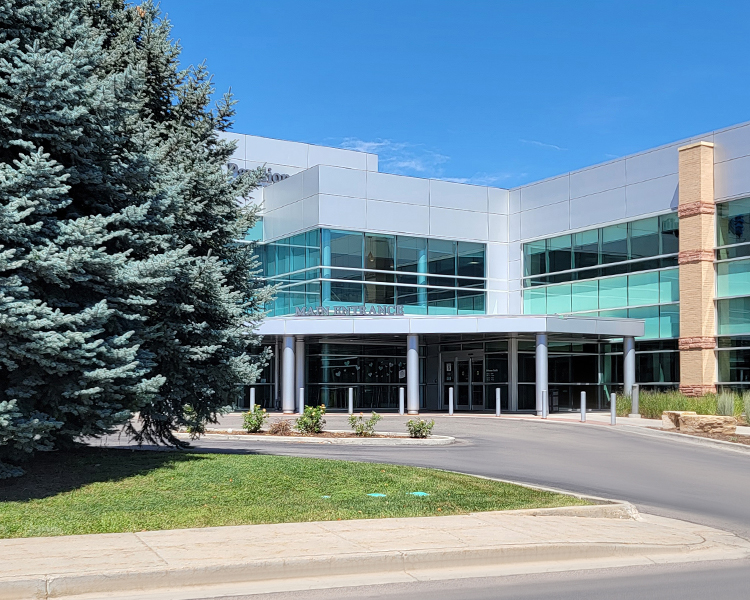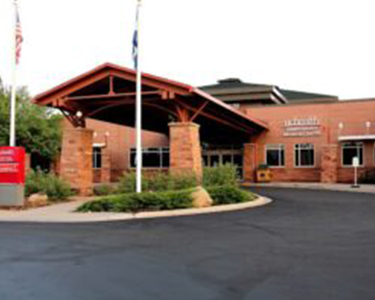Quick Links
Centers for Gastroenterology is dedicated to supporting patients in the prevention, diagnosis, and treatment of cancer. We understand the emotions that can accompany a diagnosis. Our expert team is here to support you and help you develop a treatment plan, as well as provide comprehensive and state-of-the-art screenings to aid in the prevention of cancer. Know that, with us, you are not alone.
What is Esophageal Cancer?
Healthy cells go through a process of dividing and creating new cells. When DNA in a cell changes, it can cause cells to rapidly multiply, accumulate, and form a growth. Called a mass or tumor, this is recognized as cancer.
Esophageal cancer occurs when this cell mutation and multiplication takes place in the esophagus, or the tube that runs from the stomach to the throat. Esophageal cancer can begin anywhere along the esophagus but typically begins in the inner layers of the esophagus (or the epithelium) and grows outward.
Barrett’s Esophagus
Barrett’s esophagus is a rare product of GERD, or gastroesophageal reflux disease. Barrett’s esophagus occurs when the cells lining the esophagus begin to resemble those found in the stomach or intestines as a protective measure against regular exposure to acidity. It’s considered a precancerous condition and can come with a heightened risk of esophageal cancer, meaning it must be monitored more closely in case any cancerous activity begins to occur.
What Are the Risk Factors of Esophageal Cancer?
The exact causes of esophageal cancer are unknown, and changes in the cell DNA may not have a specific identifiable cause. However, there are certain risk factors, including:
- Conditions like bile reflux and GERD (gastroesophageal reflux disease)
- Obesity or poor diet
- Drinking alcohol or very hot liquids frequently
- Achalasia
- Smoking

What Are the Signs and Symptoms of Esophageal Cancer?
Symptoms of esophageal cancer can vary considerably between patients. Because patients may not notice symptoms at all, or because early-stage esophageal cancer may not present any symptoms, a delayed diagnosis is unfortunately common. There is no regular cancer screening for esophageal cancer for the general population, meaning prompt treatment is essential if you notice the following symptoms:
- Dysphagia (trouble swallowing)
- Weight loss
- Pain, discomfort, burning, or a feeling of pressure in the chest
- Coughing
- Worsening heartburn or indigestion
Centers for Gastroenterology still performing procedures at Skyline
Recent news about the planned March 31 closure of Skyline Surgery Center in the Skyline Medical Pavilion, located at 2555 East 13th Street in…
Continue ReadingEsophageal Cancer Treatment Options
Treatment options depend on the stage of the cancer, as well as patient health and preference. Thankfully, there are more options than ever to treat esophageal cancer. Some of these options are surgical, including surgery to remove tumors, to remove a part of the esophagus (esophagectomy), and to remove part of the stomach as well as a portion of the esophagus (esophagogastrectomy).
In addition, chemotherapy, radiation therapy, targeted drug therapy, and immunotherapy are options to help fight the spread of cancer and may be used in combination. Centers for Gastroenterology in Northern Colorado is dedicated to connecting you with the best oncologists in the area to ensure you have the best possible care at your disposal.
Contact Us Today to Talk About Esophageal Cancer
If you’re concerned about symptoms you or a loved one may be experiencing, Centers for Gastroenterology would love to help ease your mind and work with you to develop a treatment plan. Contact us today to schedule an appointment for a consultation with one of our experienced physicians. For your convenience, you may view and download our patient forms before your appointment.
Reviews




